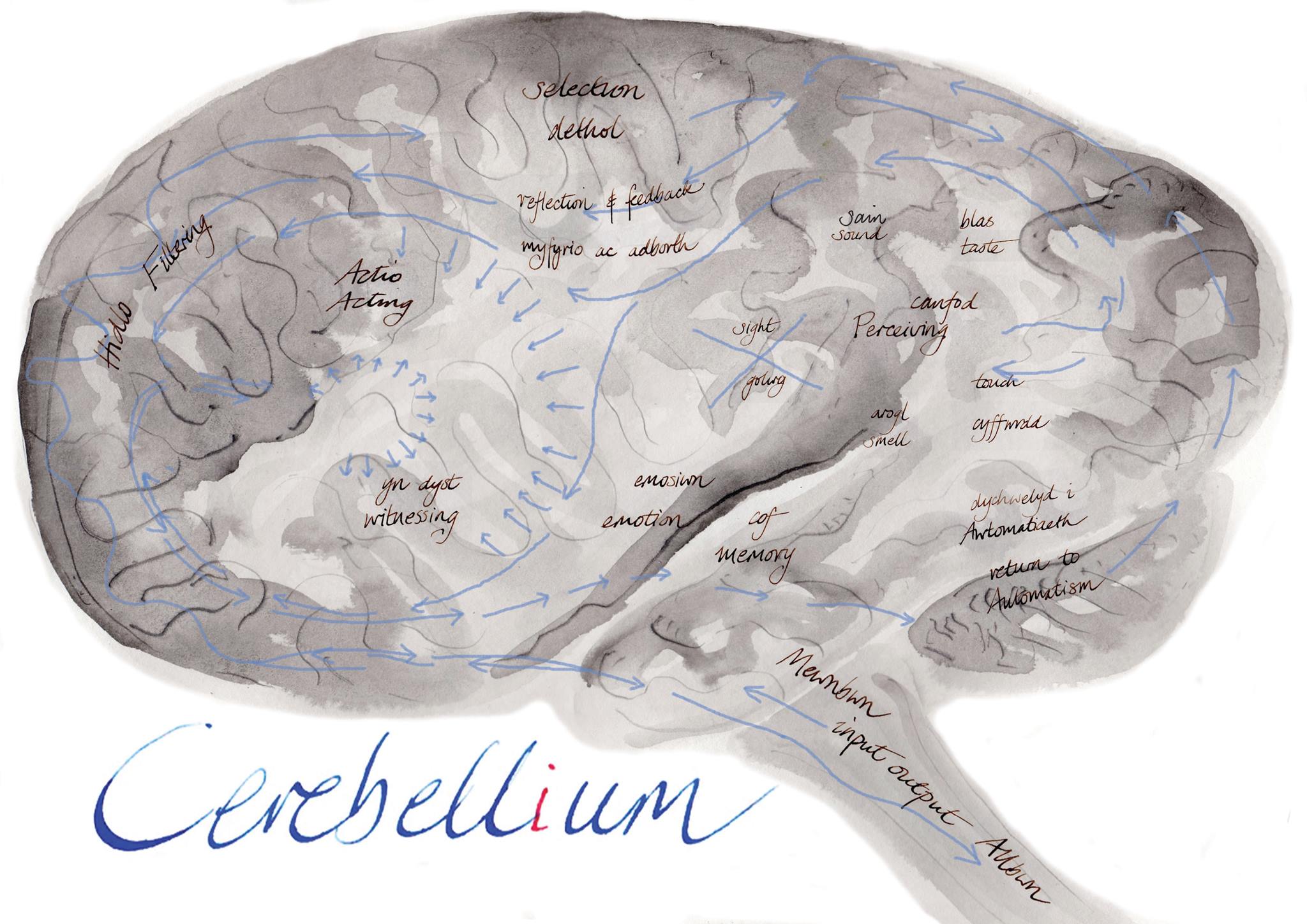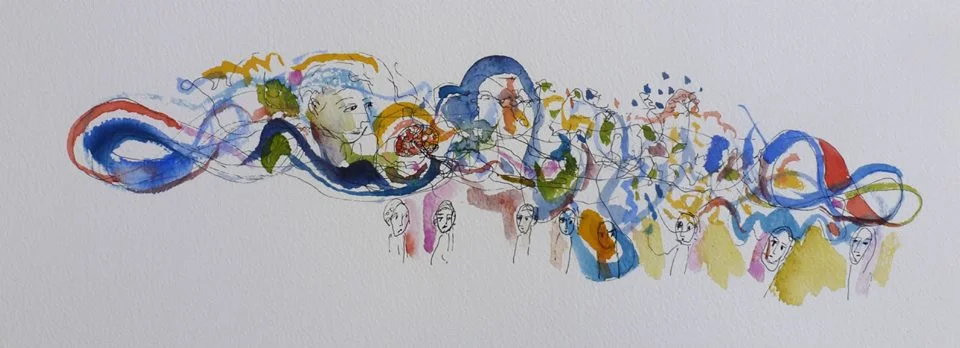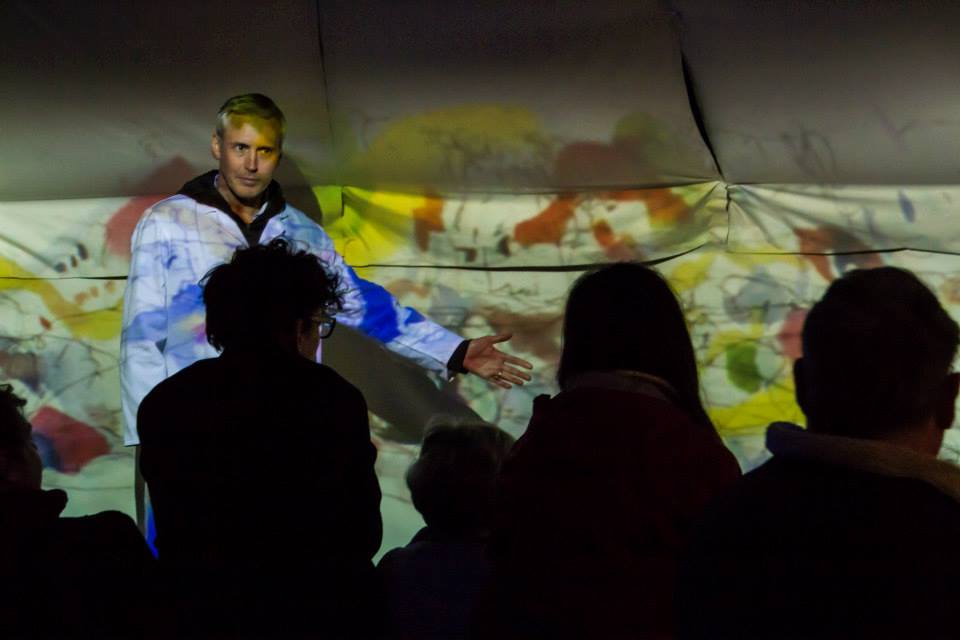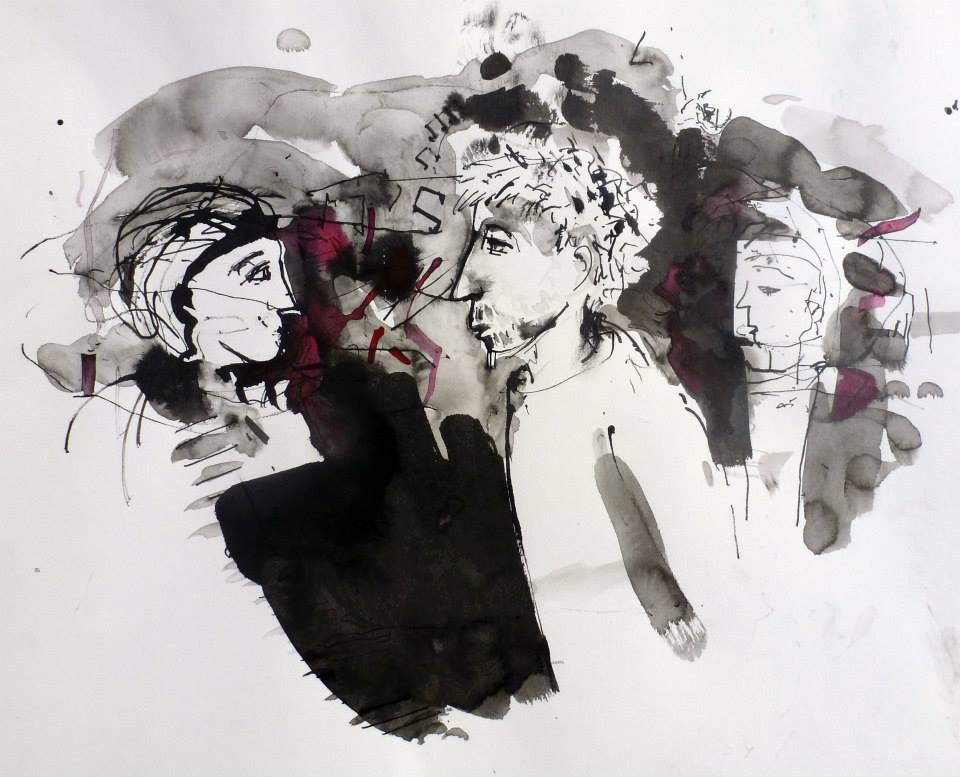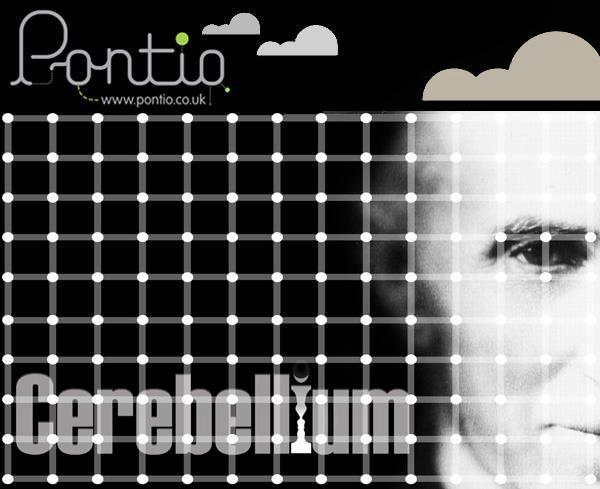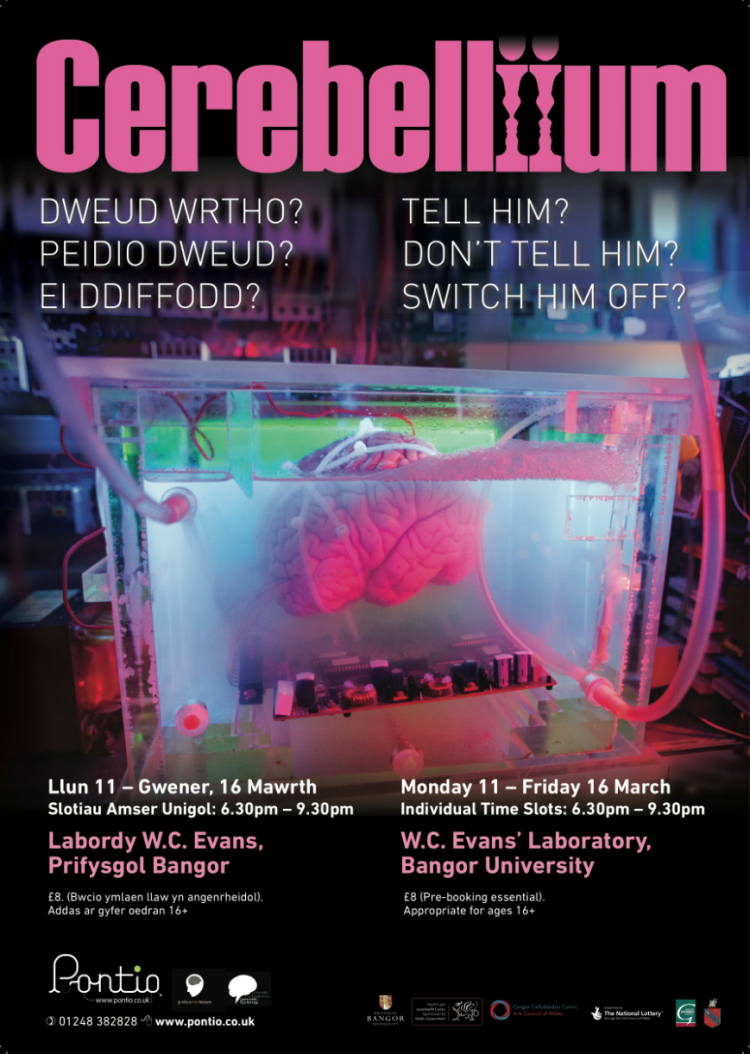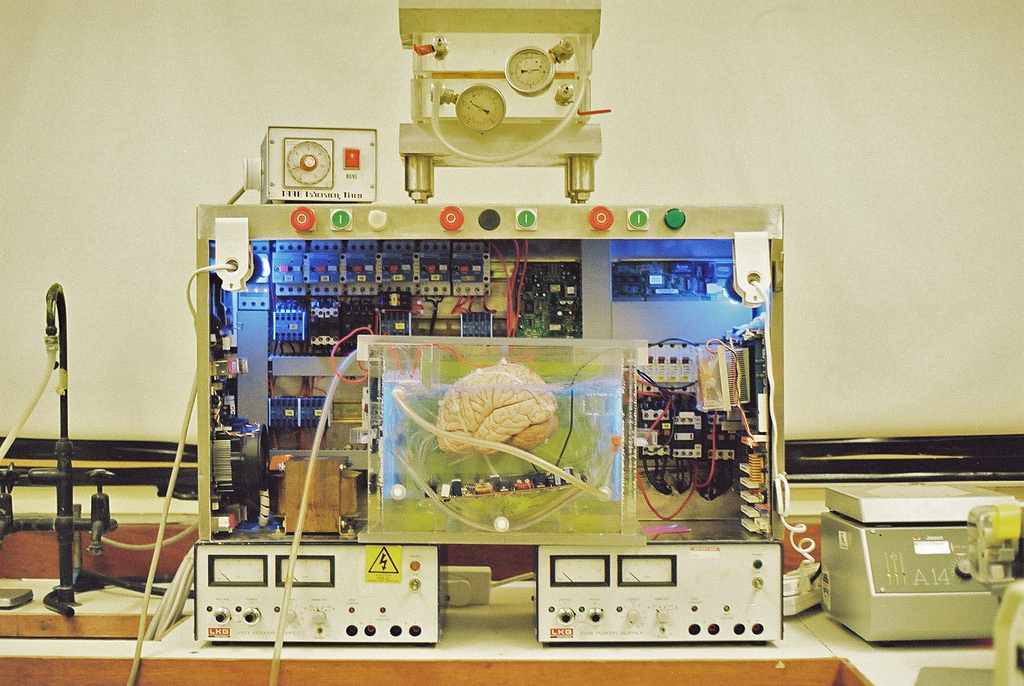
Bangor, Wales 2011 - 2014
Cerebellium, Bangor, Wales 2011-2013
Cerebellium was a research collaboration between Theatr Cynefin, The Department of Cognitive Neuroscience at Bangor University, Wales and Pontio in Bangor. There were three performances produced by Pontio, two at our research laboratory another in a studio space. The shows were very popular, leading to audiences making comments such as –
“Blown away! Will really make me question what’s real and what I think is real. Thank you so much.”
“It was unexpected and thought provoking. I wasn’t sure if I was a part of an experiment or a piece of theatre!”
“You have successfully reshaped my perception of reality!”
Combining cutting edge neuroscience and immersive theatre: Cerebellium invited audiences to question not only the world around us but also the world within us. Is the world surrounding you really there? And you… are you really there? Dr. Kurtz welcomes you to his laboratory, where you will be brought face-to-face with the greatest miracle of all: existence.
The first two performances were presented as part of the National Science Week and was called Cerebellium in 2012 and Cerebelliium in 2013 and the third Calon Cerebellium in 2014 was a research and development project funded by ACW.
The first two short projects both developed an immersive experience for a public audience that invited them to witness directly and reflect upon the precarious nature of our apprehension of a reality. A laboratory was converted to a labyrinth of sensory illusions which audiences were invited to enter one at a time. These included only recently discovered illusions that expose flaws in our sensory capacity.
What elevated this experience from a ‘ghost train’ of gimmicks into something that was uniquely profound and moving was the framing of the whole in a dramatic structure. The audience were immersed in a quite realistically rendered scenario where a brain in a vat has become conscious and a personality called Kevin has emerged, who is suspended in a virtual reality produced by directly stimulating parts of the brain. Both productions followed the process in real time of a public consultation exercise into the ethics of the experiment and in particular whether Kevin should be told of his ‘real’ condition. Audiences were instructed that to choose how to vote they must ask themselves that if what we perceive as a constant and consistent reality is merely an illusion, would they want to know?
The following year we upped the ante and audiences were told that the ethics committee had indeed decide to terminate the experiment on the basis that Kevin did not qualify for self-determination because he was not aware of his actual situation. They entered the laboratory as witnesses to the procedure only to find themselves at one point being told to terminate the brain by pressing a switch. The point being made here, that despite it being explained to them that this was a piece of theatre and their signing a contract to state that they understood that Kevin was a fictional character, many felt empathy and remorse for their actions (or refused outright to do what they were asked). The suggestion was made that perhaps we too are fictional characters in a self-made narrative – a hero in the Cartesian theatre, with no more substance than Kevin. If so, rather than a nihilistic and solipsistic relativism ‘kindness is the only thing that makes sense anymore.’
It is difficult to underestimate the profound effect this work has had on audiences and the buzz created in the locality. While we struggled to get 13 volunteers for the first year there were 70 candidates for the second, all from the school of psychology. Many student participants reported that Cerebellium and Cerebelliium were the most stimulating experiences not just at University but in their lives.
